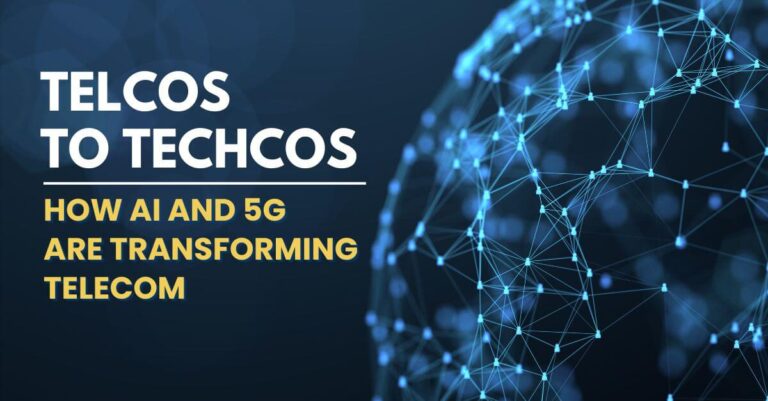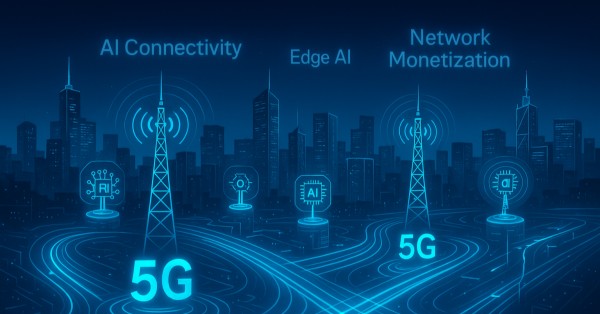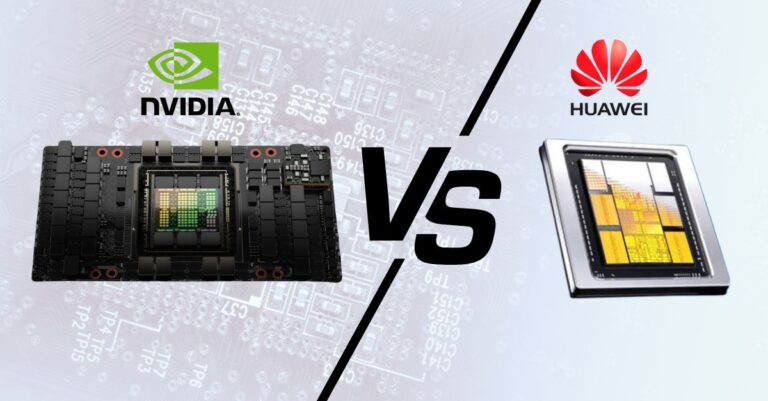The telecommunications industry is undergoing a fundamental transformation, with global operators moving beyond traditional connectivity services to establish themselves as technology-first companies. This shift, often described as the transition from “telco” to “techco,” is driven by advancements in artificial intelligence (AI), 5G and 6G networks, satellite internet, and smart city developments. As telcos embrace AI and invest in hyperscaler infrastructure, they aim to break free from the “dumb pipes” label and play a central role in the digital economy.
From Telco to Techco: Reinventing Telecom for the Digital Age
At the Mobile World Congress (MWC) 2025 in Barcelona, CEOs from leading telecom firms shared their strategies for evolving beyond basic connectivity. The ultimate goal is to become technology-driven enterprises that offer AI-powered solutions, cloud services, and digital applications. According to Hatem Dowidar, CEO of UAE’s e&, many telcos today are reduced to simply transmitting data across networks, while tech giants such as Amazon, Google, and Microsoft dominate digital services. To remain competitive, telcos must innovate and redefine their role in the tech ecosystem.
Makoto Takahashi, CEO of KDDI, highlighted his company’s plans to build a smart city, Takanawa Gateway City, and offer satellite-to-cell connectivity through a partnership with Elon Musk’s Starlink. This project signifies the broader industry trend of telecoms integrating technology into urban development, enhancing smart city infrastructure with AI-driven networks and IoT solutions.
Similarly, MTN CEO Ralph Mupita emphasized the need for telecom firms to expand into financial technology (fintech), digital payments, and media streaming to diversify their revenue streams. The company’s aggressive investment in e-commerce, lending, and digital finance services exemplifies how telcos are branching out into digital consumer services beyond connectivity.
AI-Powered Innovation: Fueling the Telco-to-Techco Shift
AI is emerging as a crucial enabler of this transformation. According to Ryu Young-sang, CEO of SK Telecom, AI is being deployed in two major ways: improving network efficiency and creating new business opportunities. By automating network management and optimizing infrastructure, AI can reduce operational costs and enhance performance. Moreover, telcos can leverage AI-driven data centers to support the increasing demand for cloud computing and AI applications.
AI is also enabling autonomous networks, which can self-manage and repair with minimal human oversight. Nik Willetts, CEO of TM Forum, emphasized that AI-powered automation in telecom networks will significantly improve capital efficiency and customer experience, leading to higher profitability.
In the Western world, cloud hyperscalers like Amazon, Microsoft, and Google have dominated data center expansion. However, SK Telecom is aggressively building AI-ready data centers globally, positioning itself as a key player in the AI revolution. Arthur Mensch, CEO of Mistral, urged European telcos to follow suit by investing in data center infrastructure to strengthen the regional AI ecosystem. He argued that decentralizing cloud services would reduce reliance on U.S. tech giants and create more opportunities for local players.
Telco to Techco: How AI & 5G Are Creating New Revenue Streams
The transition from telco to techco is not just about technology—it’s about monetization. As connectivity becomes commoditized, telecom operators must explore new revenue models, including:
- Digital Services and AI-powered Solutions – Offering cybersecurity, cloud computing, and AI-driven applications beyond basic connectivity. Some telcos are already embedding AI-driven analytics into customer support and marketing to improve efficiency and drive revenue.
- Network Slicing and Private 5G – Enabling businesses to create dedicated network slices for high-performance applications in healthcare, manufacturing, and logistics. The ability to offer tailored connectivity solutions to enterprises presents a major revenue opportunity.
- Fintech and Digital Payments – Expanding financial services, such as mobile payments, insurance, and digital banking, particularly in emerging markets. Telcos like MTN and e& are actively investing in these areas to create digital-first financial ecosystems.
- IoT and Smart Cities – Using 5G to power connected devices, industrial automation, and urban infrastructure projects. The smart city initiatives of KDDI and other operators demonstrate the growing relevance of telcos in municipal digital transformation.
- Content and Media Streaming – Some telcos are entering the content streaming market, leveraging their infrastructure to compete with established platforms like Netflix and YouTube.
By integrating AI and cloud-based innovations, telcos can unlock new business opportunities and improve customer experiences.
Overcoming the Hurdles in the Telco-to-Techco Transition
Despite the promise of becoming tech-first companies, telcos face several obstacles in executing this shift:
- High Capital Investment: Transitioning to AI-driven networks and cloud services requires significant financial resources.
- Cultural and Organizational Shift: Traditional telecom structures must evolve to embrace agile, software-driven operations.
- Regulatory and Security Concerns: Increasing reliance on AI and digital services raises concerns about data privacy, cybersecurity, and regulatory compliance.
- Competition from Tech Giants: Telcos must compete with established cloud and AI providers that have more experience in digital services.
- Fragmentation in Regional Markets: As highlighted by Arthur Mensch, European telcos face fragmentation across different regulatory environments, making expansion and consolidation difficult.
How Telcos Are Using AI & Cloud to Become Techcos
Telcos are uniquely positioned to support the AI revolution by providing the necessary infrastructure for AI applications. Jeetu Patel, chief product officer at Cisco, emphasized that AI will exponentially increase demand for network bandwidth and edge computing capabilities. Telcos have a significant role in ensuring that networks can handle AI workloads efficiently.
Mistral’s Mensch advocated for more European investment in data centers, highlighting the need for telcos to enter the hyperscaler market to support the AI boom. By hosting and managing AI workloads, telcos can expand their role beyond connectivity and offer scalable computing solutions.
Winning the Telco-to-Techco Race: Key Strategies for Success
To successfully transition from telcos to techcos, operators must adopt a multi-faceted strategy:
- Invest in AI and Cloud Infrastructure: Prioritizing AI-driven automation, data centers, and cloud-native architectures to support digital services.
- Build Strategic Partnerships: Collaborating with hyperscalers, software vendors, and industry stakeholders to accelerate service innovation.
- Leverage Open APIs: Facilitating integration with third-party developers to expand digital service offerings.
- Enhance Customer Experiences: Using AI-powered analytics to deliver personalized digital services and optimize customer engagement.
- Drive Innovation in 5G and IoT: Expanding into enterprise 5G networks, industrial IoT, and smart city projects.
The Future is Techco: How AI & 5G Are Reshaping Telecom
The telco industry is at a turning point, where embracing AI and digital transformation is no longer optional—it’s essential for survival. As AI revolutionizes network operations, monetization models, and customer experiences, telecom operators must seize the opportunity to become technology leaders rather than just infrastructure providers. By investing in AI-driven automation, cloud computing, and fintech solutions, telcos can secure their place in the digital economy and redefine their role in the tech ecosystem.
MWC 2025 showcased how global telecom giants are accelerating this transformation, proving that the future of telcos is not just about connectivity—it’s about innovation. The race to become tech-first companies has begun, and only those willing to embrace change will thrive in the new digital era.
























